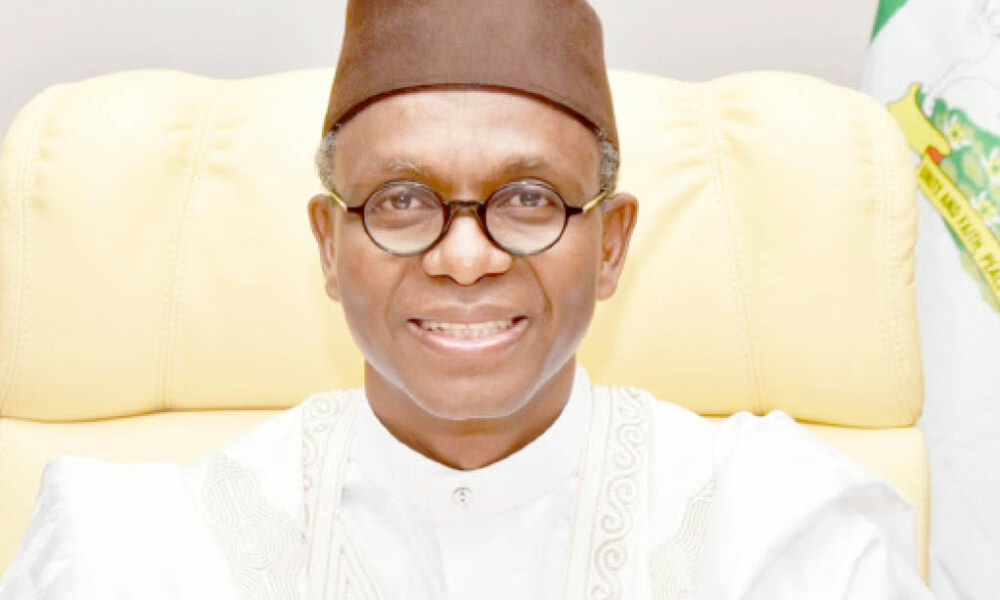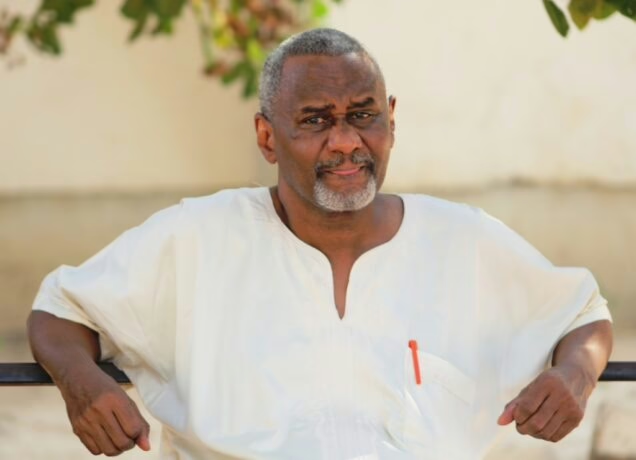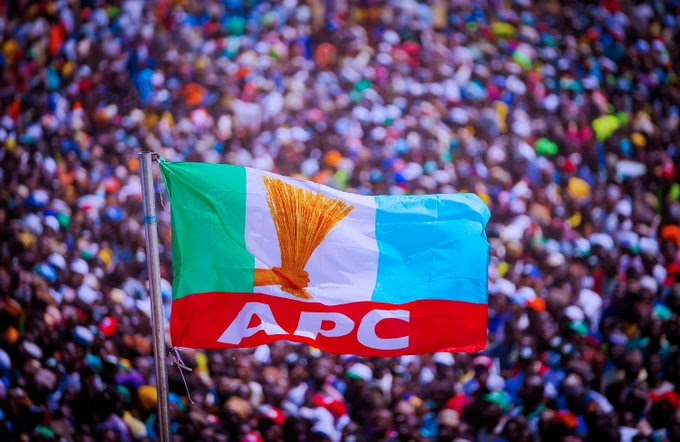The executive-legislative relationship is no doubt critical to democratic governance, not least in a presidential system of government in which the doctrine of separation of powers is practised.
The legislature is saddled with the responsibility of making laws for the peace, order and good governance of the country. It also has the constitutional responsibility to revise, review, amend or repeal laws, while the executive, which in the Nigerian context at the federal level is the presidency, has the constitutional mandate of implementing the laws made by the legislature; and the judiciary interprets the laws.
Pundits are of the view that for the smooth running of government, the executive, legislature and judiciary must be in touch and continue to interact in the overall interest of the nation, even as they act as watchdogs on each other to prevent abuse of power in the exercise of their responsibilities.
Nigeria has had five presidents since the return to democracy in 1999 after many years of military interregnums. They are Olusegun Obasanjo (1999–2007), Umaru Musa Yar’Adua (2007–2010), Goodluck Jonathan (2010–2015), Muhammadu Buhari (2015–2023) and Bola Ahmed Tinubu (2003–date).
Obasanjo
During his two terms of office, he had a frosty relationship with the legislature. In his first term, he was served an impeachment notice by the House of Representatives in August 2002 over alleged constitutional breaches and running Nigeria like a military leader. He was accused of amending the capital provisions of the 2002 Appropriation Act by reducing the capital budget to 44 per cent without forwarding the amendment to the National Assembly for passage in violation of Section 80(4) of the 1999 Constitution, among other breaches.
A former Senate president, Anyim Pius Anyim, however, said the arbitrary change of presiding officers of the 4th Assembly was the reason the lawmakers moved to impeach Obasanjo.
Similarly, a former Speaker of the House of Representatives, the late Ghali Umar Na’Abba, who served from 1999 to 2003, said the move by Obasanjo to impose leadership on the National Assembly and the resolve to fight back by the lawmakers were responsible for the frosty relationship between the two arms of government.
Na’Abba said Obasanjo sought to change the date of inauguration of the National Assembly from June 3, 1999, to June 6, 1999, to allow him ample time to manipulate the election of the Senate president, thus paving the way for the emergence of Evan Enwerem as Senate president instead of Chuba Okadigbo, who was preferred by most senators.
In Obasanjo’s second term, the issue of a third-term agenda sprang up. But the Senate, led by its President, Ken Nnamani (PDP, Enugu East), thwarted the tenure elongation bid. The issue tore the executive and the legislature apart.
Obasanjo, whose second term was to elapse in 2007, had in 2006 sought to extend his tenure beyond the constitutionally allowed two terms of four years each. An allegation he steadfastly denied.
The bid to compel the National Assembly to amend the 1999 Constitution to enable him to prolong his stay in office hit the rocks. Though the National Assembly initiated a constitution amendment procedure, the Senate deployed steps that tactically killed Obasanjo’s third-term bid.
Yar’Adua
There was no remarkable crisis between the executive and the legislature under Yar’Adua’s tenure until he became ill and jetted out of the county without transmitting a letter to the National Assembly in line with the provisions of Section 145 of the 1999 Constitution.
After months in Saudi Arabia in his hospital bed, Yar’Adua’s opponents at the National Assembly rose against him. There was an impeachment scare on the floor of the Senate over the prolonged stay of the president on medical vacation, considering that he did not transmit a letter to the National Assembly mandating his vice president, Goodluck Jonathan, to act. David Mark (PDP, Benue South) was the Senate president.
In the end, the National Assembly adopted what it called the “doctrine of necessity,” which gave Jonathan room to perform the functions of the president in an acting capacity. But many still questioned the legality of the doctrine of necessity. Yar’Adua died in 2010, and Jonathan assumed full responsibility as the country’s president.
Jonathan
The relationship between the executive and the legislature under Jonathan was very sour, as the president sued the lawmaking body over a constitutional amendment. Jonathan had rejected amendments made by the National Assembly to the 1999 Constitution, citing 12 errors in the amendment bill.
The amendment bill, which made provisions for independent candidacy as well as the separation of the office of the attorney-general of the federation from that of the minister of justice, was passed by the National Assembly. The bill also had a provision that stripped the president of his power to assent to amendments to the constitution.
Jonathan vetoed the bill. The lawmakers, however, threatened to override the president’s veto but were restrained by the Supreme Court. The president approached the apex court to void any attempt by the National Assembly to pass into law the 2015 Constitution Amendment Bill.
Buhari
During Buhari’s first term, when Bukola Saraki was the Senate president and Yakubu Dogara the Speaker of the House of Representatives, the National Assembly was said to be in opposition to the executive.
But in the second term, the 9th National Assembly was described as a rubber stamp under Senator Ahmad Lawan’s Senate presidency. It was at this time that this nomenclature or concept of rubber stamp legislature gained prominence in the legislative history of the country.
Many pundits described it as the worst in the history of Nigeria’s democracy, arguing that it achieved nothing relative to its fundamental responsibilities. The 9th National Assembly was said to be an appendage to the presidency, having allegedly surrendered its independence and authority.
For instance, the Lawan-led Senate consistently granted the wishes of Buhari, especially on taking foreign loans, and was said to have compounded the socio-economic woes of the country for its inability to effectively checkmate the excesses of the executive.
Nigeria’s debt profile grew to an alarming level under its nose, while corruption, insecurity, hunger and poverty grew to a suffocating magnitude. But Lawan said he was not perturbed that the Senate under his watch was being tagged as a rubber stamp.
Daily Trust Saturday reports that a rubber stamp legislature is simply defined as an ineffective legislature that has lost its independence and sense of duty to the whims and caprices of the executive arm.
Tinubu
The 10th National Assembly came on board in June 2023, after President Tinubu assumed power on May 29. Some believe that it is too early to carry out a holistic assessment of their relationship, but some analysts have said that the 10th National Assembly, especially the Senate, was on a path to surpass the disappointment of its immediate predecessor.
Pundits have argued that the actions of the 10th Assembly have so far indicated that they would go the way of the 9th Assembly —a rubber-stamp legislature. This is because most of the principal officers and influential members are loyalists of the president who will leave no stone unturned to defend or protect his interests.
Recently, President Tinubu asked members of the National Assembly to exercise restraint in summoning heads of Ministries, Departments and Agencies (MDAs) before parliamentary committees. Many Nigerians viewed this as an indirect way of stopping the legislature from checkmating the executive.
A renowned analyst who preferred anonymity said, “As far as I am concerned, so far, it is a disappointment. It is very much looking like the Ahmad Lawan National Assembly, which is just very unfortunate, particularly the Senate.
“The Senate is becoming unnecessarily subservient; it is controlled to the wishes of the executive, and this is even tearing the Senate itself apart because there is a lot of disquiet. Many distinguished senators are not happy that, having come out of a completely docile, do-nothing Senate, they are still going back. And Akpabio is just leading them through that path. It is a Senate that doesn’t seem capable of challenging the executive.”
How relationship affects governance – Prof. Kari
A Professor of Political Sociology at the University of Abuja, Abubakar Kari, told Daily Trust that governance was affected anytime there was a frosty relationship between the legislature and the executive.
He said, “The frosty relationship between the executive and the legislature; the controversies always affect governance. It even affects party cohesion. In fact, it affects the democratic edifice itself. What this represents is the struggle of the National Assembly to assert itself and its independence. They want to resist imposition, apart from the few periods when it literally surrendered, like the Ahmad Lawan National Assembly.
“In all the remaining periods, the national legislature battled strenuously, vigorously, and relentlessly to assert itself; not to be pinned down by the overbearing influence of the executive. And in the process, governance was affected. Obasanjo had to have a rethink because he attempted to rule like a military man.
“Governance was affected during the third-term controversy. Nigeria as a whole became divided between pro- and anti-third term, and the anti-third term were more and they triumphed.
“The issue of the off-shore and on-shore dichotomy also affected governance very seriously. The late Ghali Umar Na’Abba and Co were Nigeria’s major authors of that. They believed that the rest of the country must concede to the Niger Delta, where there was a lot of restiveness, violence and bloodshed, and they came up with that bill, which the presidency opposed, and they later vetoed it.
“Governance is also affected anytime there is an appropriation bill. It is always an argument between those who think that the executive has an exclusive right to decide what projects and programmes are to be financed by the government and those who think that the National Assembly also has a say.”











